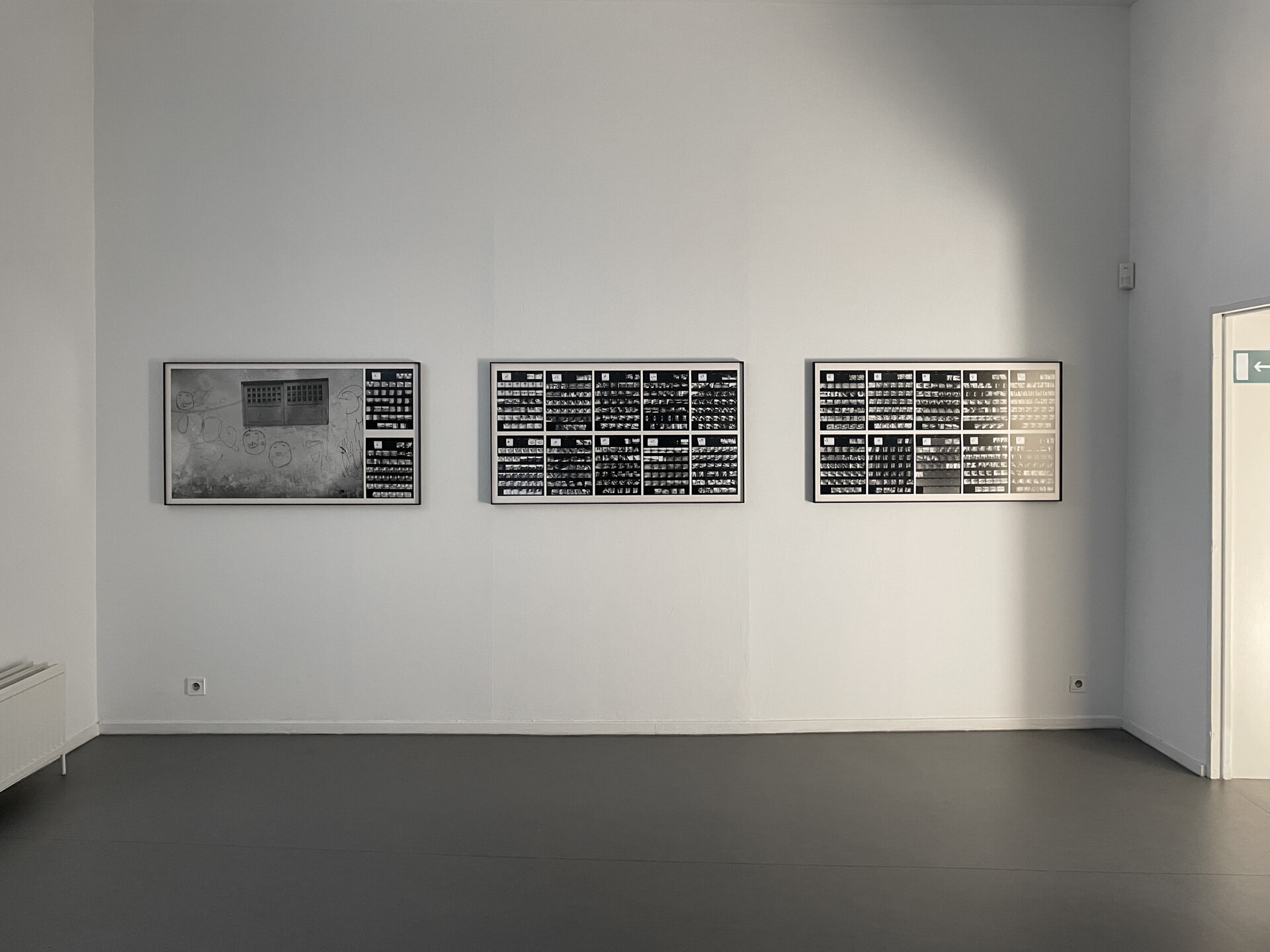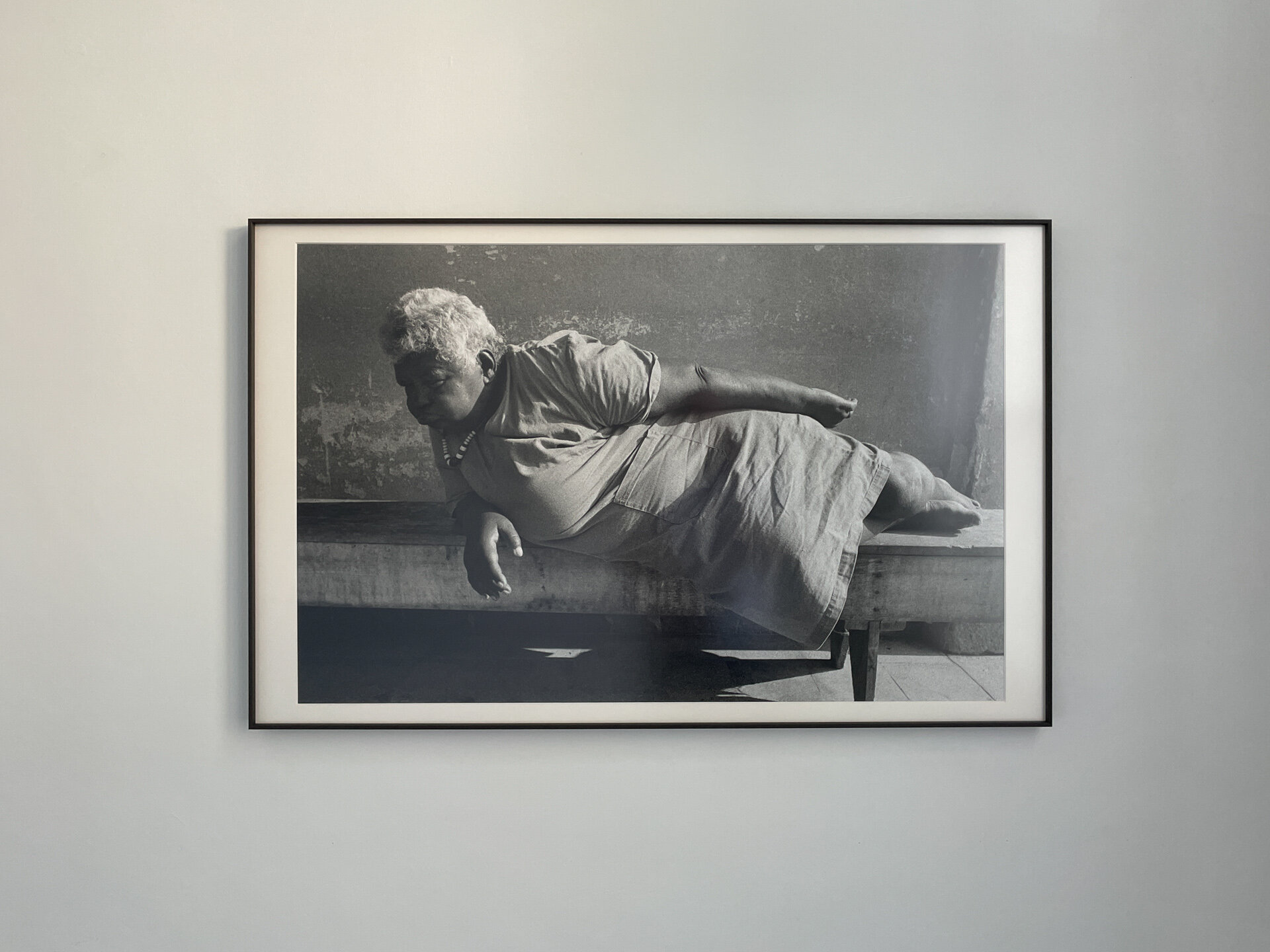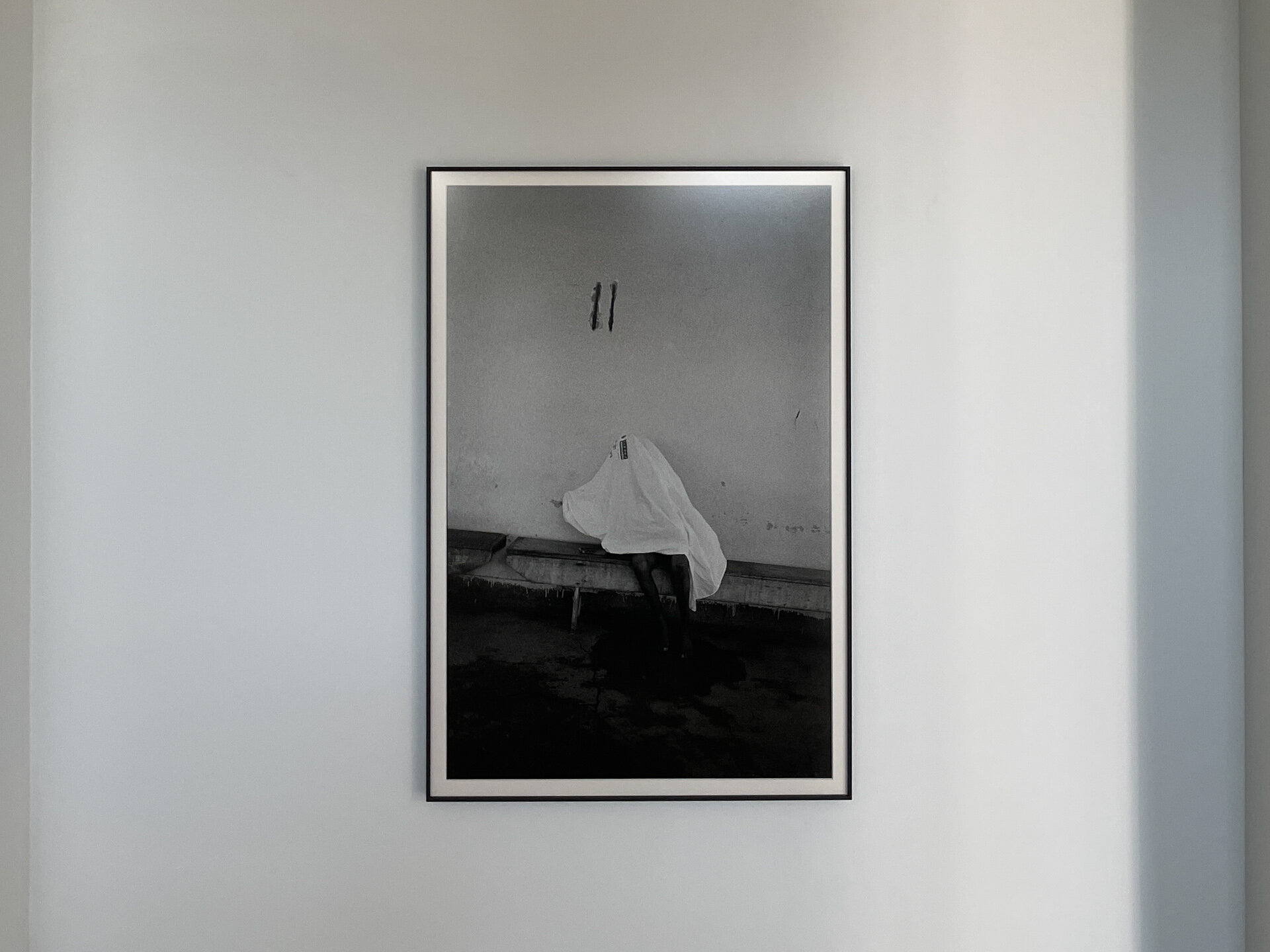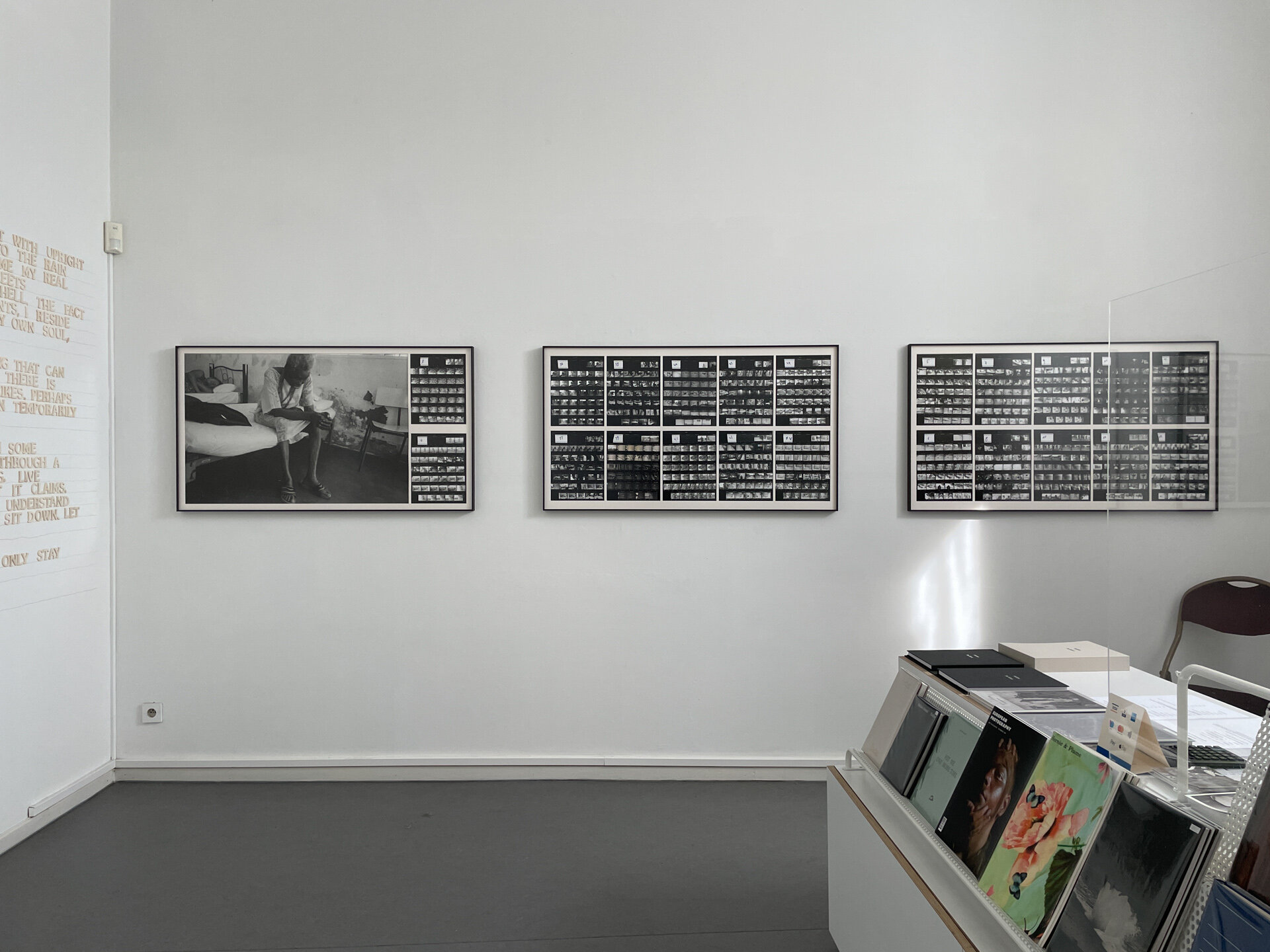The End of a Line
The lines of force that run through Charif Benhelima’s work converge for the most part on the question of identity. If this problematic is anchored in an assumed autobiographical relationship, it resonates in his work with experiences other than his own, with a universalism linked to the question of the other, the foreigner. Tackled through portraits (Welcome to Belgium, Semites), this theme is also expressed in his work in more unexpected ways, notably through images of plants, which in their way express the notions of integration and dissemination.
The invitation to exhibit at Contretype was embraced by Charif Benhelima in the continuity of these concerns and reveals a hitherto unpublished work: a set of photographs taken in Brazil between 2002 and 2003 at the Colônia Juliano Moreira. Named after the psychiatrist and pioneer of psychoanalysis in Brazil, Juliano Moreira (1872-1933), who gave it its name, this mental health institution was created in 1924. It was established on a vast territory - originally an agricultural colony - in the Rio de Janeiro region. Welcoming psychiatric patients, as well as alcoholics and so-called “deviants”, this institution, allowed Moreira to put into practice a different vision of psychiatry, refusing to lock up patients and allowing them to live with their families. The site of the Colônia Juliano Moreira, an institution conceived as an open space, is still accessible to the public today.
Benhelima’s revival of these unpublished archives occurred in light of the health crisis and the various measures that were imposed in an attempt to contain it, both suddenly and brutally. The current context, therefore, induces an allegorical reading of the images taken at the Colônia Juliano Moreira, a place of communal living but where the residents are nonetheless recluse due to the disease, even in a vast open area. Questions about mental health and how we choose to integrate it - or not - into our societies take on a special significance today, as the impact of the pandemic on the psyche has ended up claiming more victims than the Covid 19 virus itself.
The long-term work carried out by the photographer, in this case by deferring the shots, gives them a topicality that refers not so much to the images themselves as to the context of their contemplation by the viewer. The bridging effect of this temporal distance is materialised in the spatial economy of the exhibition display. The comprehensive presentation of the series, in the form of large-format contact sheets, punctuates the exhibition with enlargements that force the viewer to physically distance himself from the image, to get closer to the smaller formats again. This question of the right distance - from the shot as well as from the contemplation of the image - runs through the photographer’s work. It has a particular resonance at a time when this distance from the other is imposed, measured, and dictated solely by health concerns.
The realism of these images is combined with the second level of interpretation which, although it does not deliberately aim at universalism, achieves it in addition. Welcome to Belgium had already started from an (auto)biographical reality and was extended to include shots of the living conditions of immigrants, whether illegal or not. The End of a Line also derives from this back and forth between the individual and the collective, in recourse to black and white that essentializes the relationship with the other. The strangeness of the other, as well as the strangeness of oneself, appear here without a screen, almost materialized by the grain of the image which miraculously succeeds in bringing the distant closer, at least through its representation.
Danielle Leenaerts, Exhibition curator
Translation: Louise Jablonowska
Website: www.benhelima.com
© Charif Benhelima, series Cul de sac, untitled #2, 2002-2020, 70 x 125 cm / © Charif Benhelima, series Cul de sac, untitled #3, 2002-2020, 70 x 125 cm / © Charif Benhelima, series Cul de sac, untitled #4, 2002-2020, 70 x 125 cm













